Written by Vani Balasubramanian
Joining the Library Educator’s Certificate Course, in hindsight, seemed like an obvious next step for me. I was fortunate to be born into a family that prioritised pleasure reading as a hobby, and I was supported by library systems that allowed me access to the books that called out to me with time.
Like most children who came from the social, economic and cultural strata that I come from, my reading began with Enid Blyton. I moved fast from Naughty Amelia Jane to the Famous Five series. Soon, I began reading about wizards and vampires through texts that were entirely different from the worlds that I lived in. As I was finishing school, George Orwell and Louisa May Alcott allowed me to understand complex ideas such as war and oppression in ways that made sense to a seventeen-year-old.
Despite this privilege of being ‘born’ into books, finishing the first contact period of the LEC was transformative – it leaves me with questions and perspectives about what we provide for children to access, how we ensure the access of the same and the ways in which we hold space for children’s voices through this process. The thoughtfulness with which every single minute of our contact period was crafted is reflective of the deep commitment that the LEC holding team has towards books, reading and children. As I reflect on my week at Goa, I think of my significant takeaways from the experience.
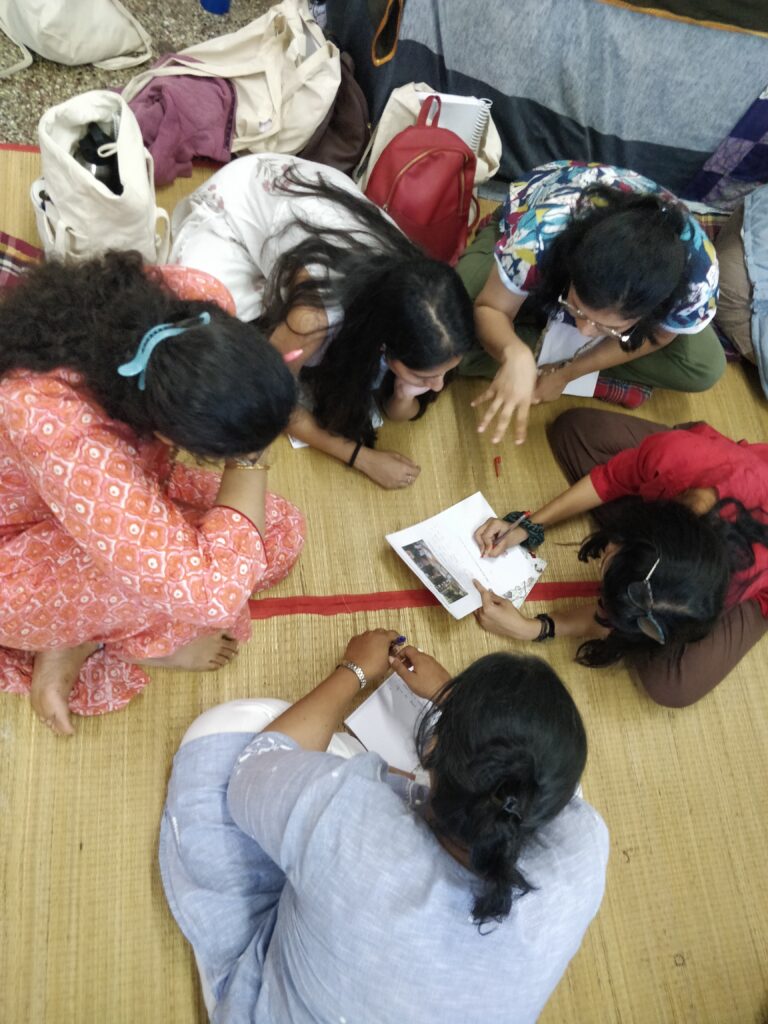
The first revelation for me is that reading can be a social process while also being a personal experience. Having always read in isolation, I never understood or even came to appreciate this until the LEC. Here was a community of people at different points of their library journeys, that were first and foremost, readers. I most looked forward to our Quiet Reading Time during different pockets of the days, but I was surprised that I began to enjoy discussing the books, getting and offering recommendations to my peers from the course and simply talking about books with them. I realise now that this happened because of the kind of cohort that has come together – a group of readers with widely different experiences with books and life itself.
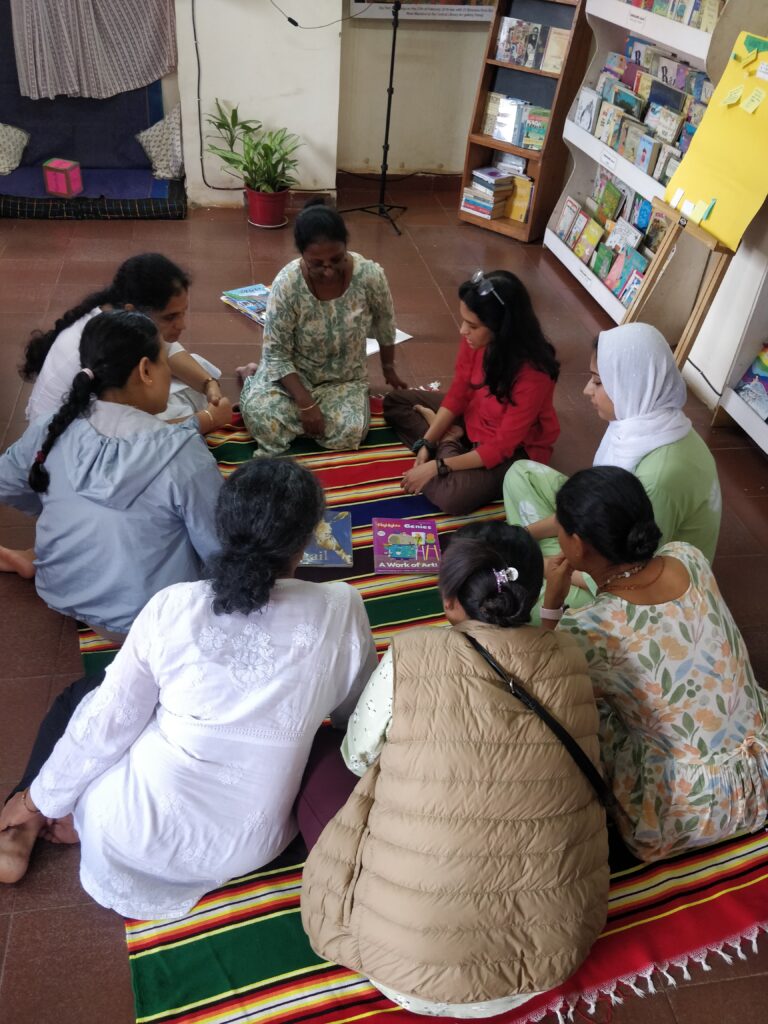
The second takeaway for me is one that is significant in bringing the library alive. I now realise that mere access to any kind of books is not a choice that places the child at the centre. The kind of books that we were exposed to during the contact period were books that made us feel, think and wonder, and I am amazed at the thought that must have gone into putting each of those books into the hands of every reader to come into Bookworm. The contact period at LEC truly brought books alive to us – through the attractive displays, the thoughtful book-based activities (my personal favourite being the book talks), the many book games we played and even the library itself. Each engagement we participated in had relevance, connection and meaning, and truly brought the library and its people alive to me.
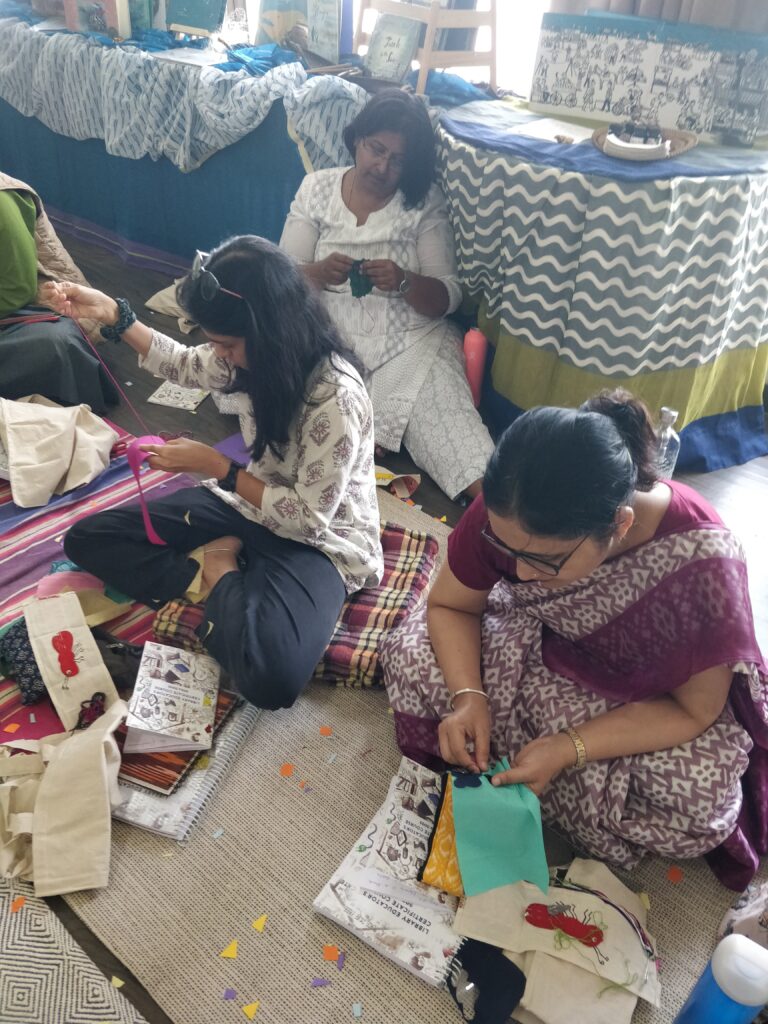
The third takeaway, most significant for me, is the way in which books and reading were interspersed in a culture of moving our hands, bodies and minds. The stitching that is intrinsic to Bookworm, the art we engaged with and the writing we were encouraged to write – creating while also consuming – was an extremely cathartic experience. Needles, paints and the beautiful sea could slow our minds down and lift our hearts, truly bringing out the inner child in me and all of us.
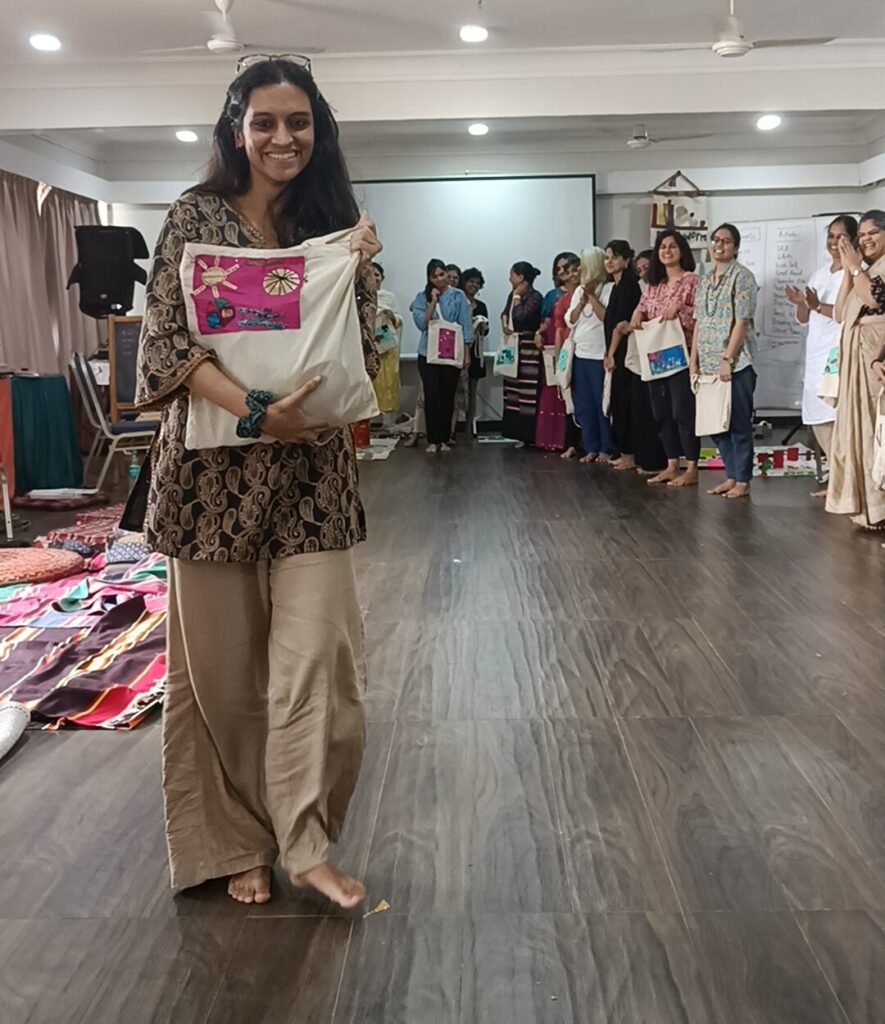
I now reflect and realise that the children’s library ought to be an essential component of children’s worlds, of all children and all worlds. Going into the remainder of the LEC, I am sure, will be a deeply personal and reflective experience, and I hope that it continues to challenge me in ways that will enhance my identity in the library and beyond.
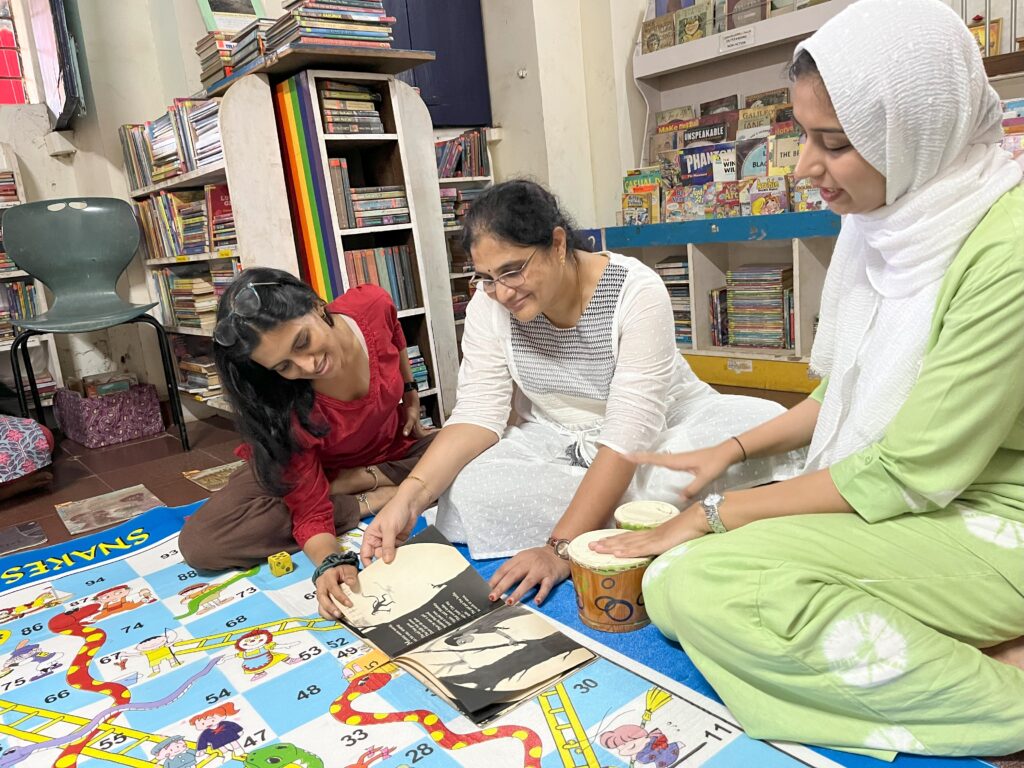
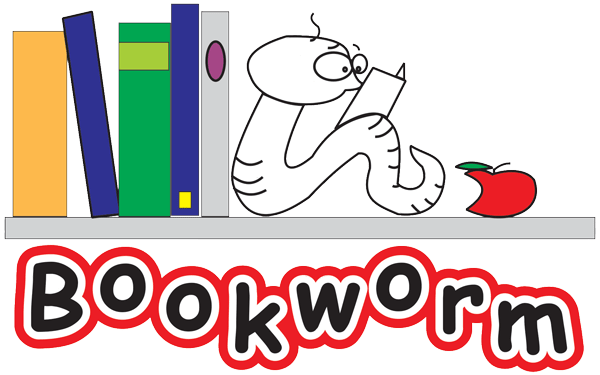
Love this! More power to you, miss Vani 🙂